AARP Hearing Center


It was a 1931 Steinway piano that sparked Jeffrey Galvin’s interest in learning how to play.
The antique instrument belonged to his mother, an accomplished pianist who, he remembers, always played Beethoven’s “Moonlight Sonata” on its black and white keys — even into her 90s.
When she died, Galvin moved the piano from her home in Chicago to his in Silver Spring, Maryland. But instead of letting it collect dust, he had it restored. And at the age of 71, he decided to learn how to play.
Galvin, now 74, spends his evenings studying Chopin and the other greats — a welcome change from the long and sometimes stressful days at the University of Maryland School of Medicine in Baltimore, where he works as a radiologist.
“I’m very happy to sit literally for hours and play,” says Galvin, who takes weekly lessons at nearby Levine Music.
Along with happiness, he’s reaping other benefits from all that studying and practicing — brain benefits. A growing body of research, including a report published by AARP, shows that learning an instrument later in life is associated with improved attention, thinking skills and mental health.
One study, published in 2023 in the journal Frontiers in Aging Neuroscience, found that learning a musical instrument can improve verbal memory, or the ability to retain and recall written and spoken information, in as little as 10 weeks.
Piano training has also been found to improve working memory, processing speed and verbal fluency in adults ages 60 to 80, according to results of a randomized controlled trial published in 2022 in The Journals of Gerontology: Series B. What’s more, a review of studies published that same year in BMC Neurology found that adults who played a musical instrument were significantly less likely to develop dementia.
“I didn’t do it for that reason,” Galvin says, referring to the recognized brain gains. “But it’s fine with me — I’ll take all the help I can get.”

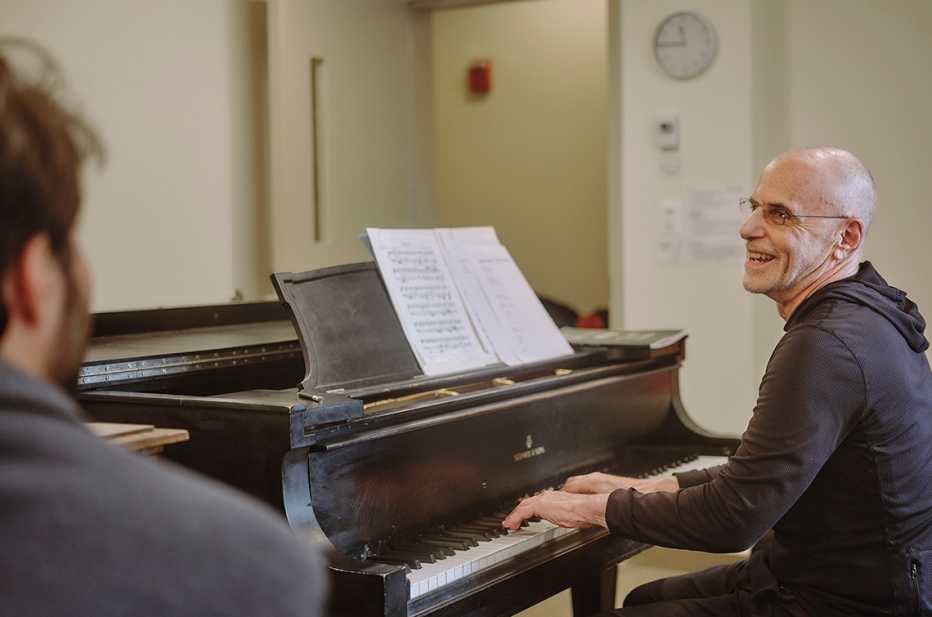
A workout for the brain
The above-the-neck perks of studying the piano — or any instrument, for that matter — come as no surprise to Jonathan Burdette, M.D., a professor of neuroradiology at the Wake Forest University School of Medicine, who studies the impacts of music on the brain. He says that when you play music, “it’s a whole brain workout.” And that’s exactly what you want for better brain health.
Like the muscles in your body, your brain will lose strength if you don’t use it, Burdette says. “And I know nothing that uses your brain more than playing music.”
Because playing an instrument requires reading, listening, movement, memory, even emotion, all of the areas of the brain responsible for those processes spring into action — from the frontal lobe to the cerebellum and several regions in between.
“Your brain is on fire,” Burdette says. “[Playing music] basically lights it up.”




























































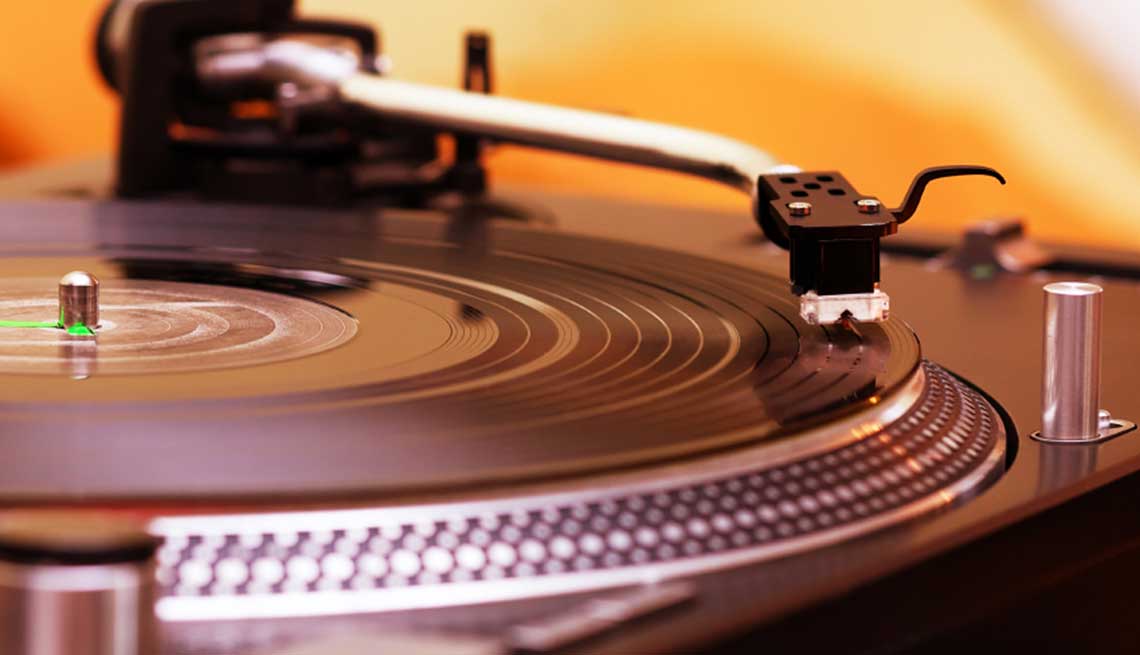
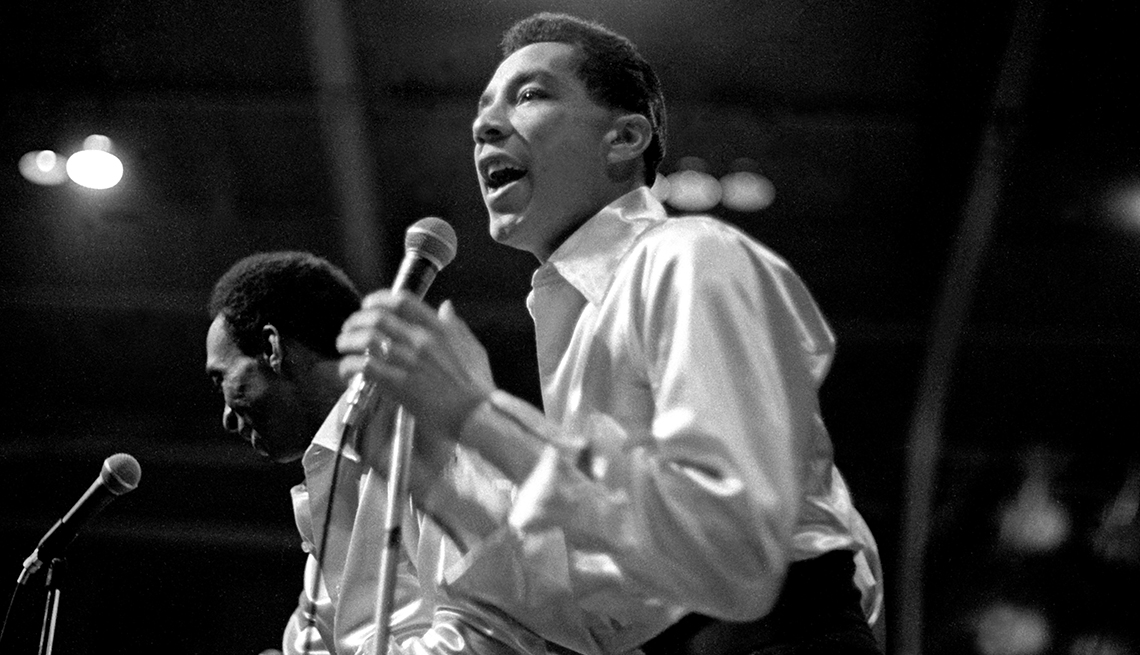
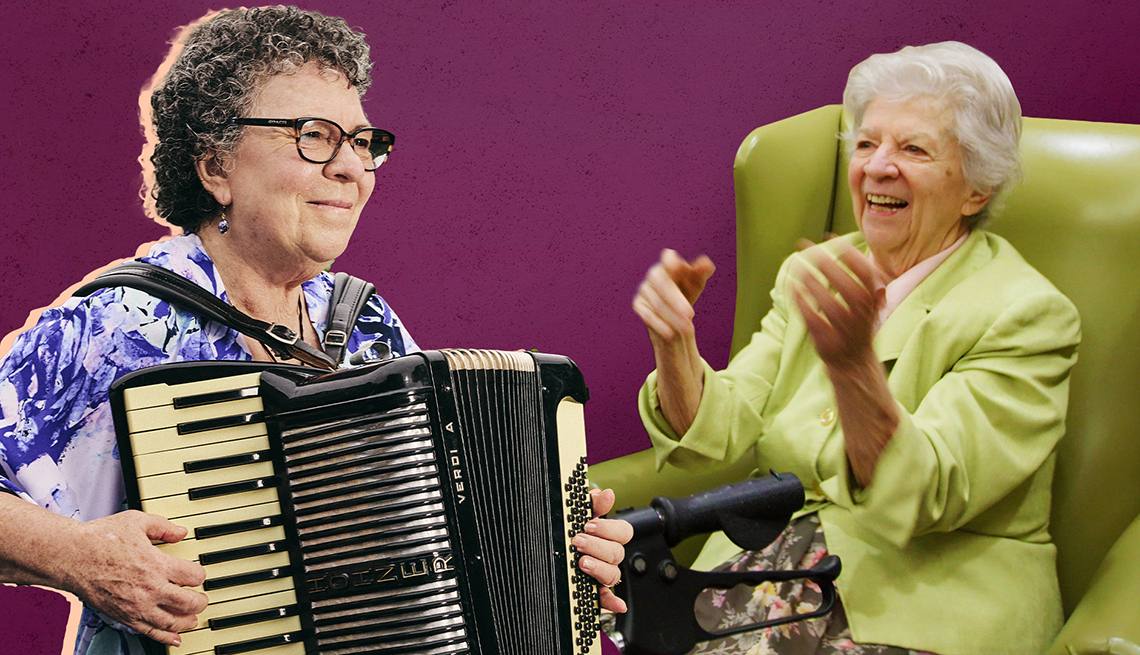

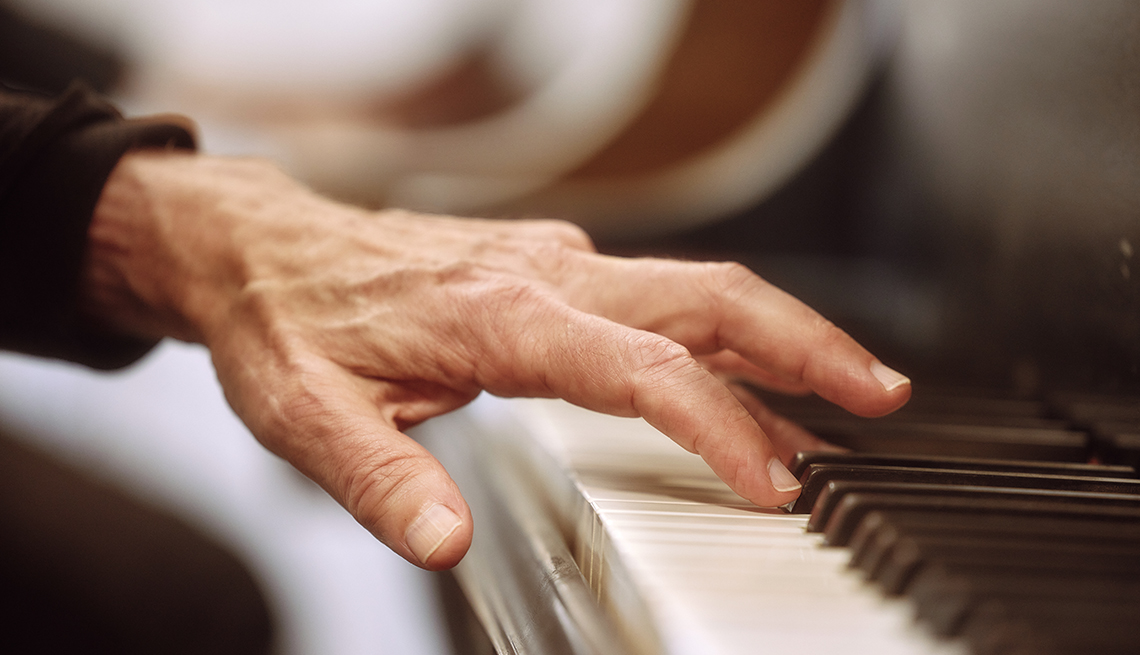
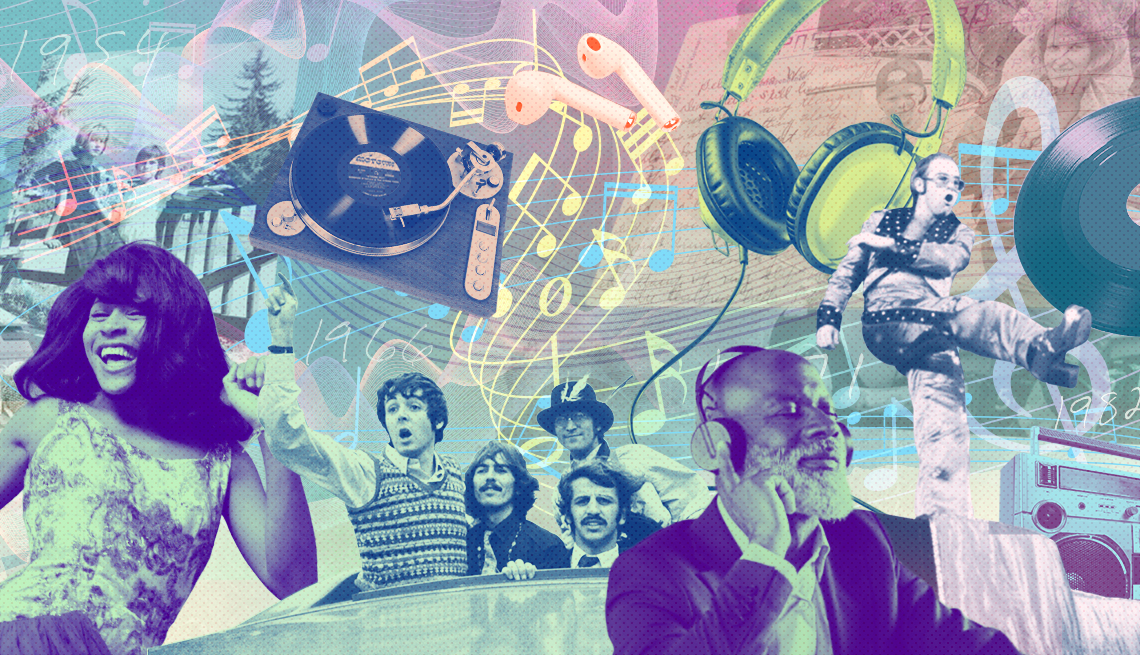



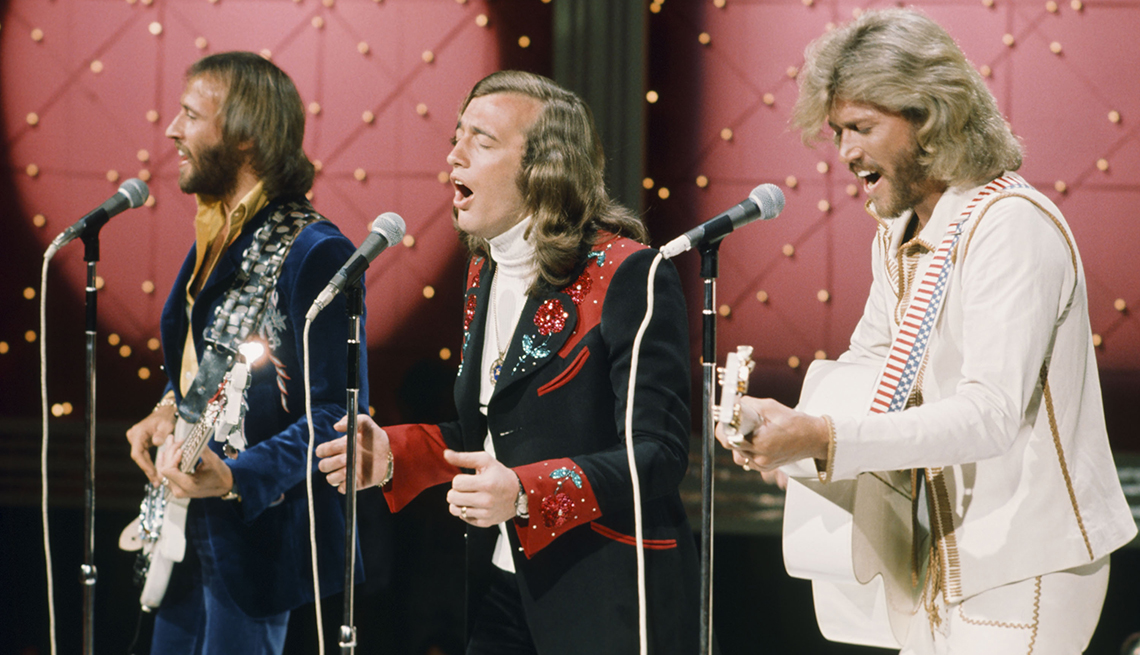
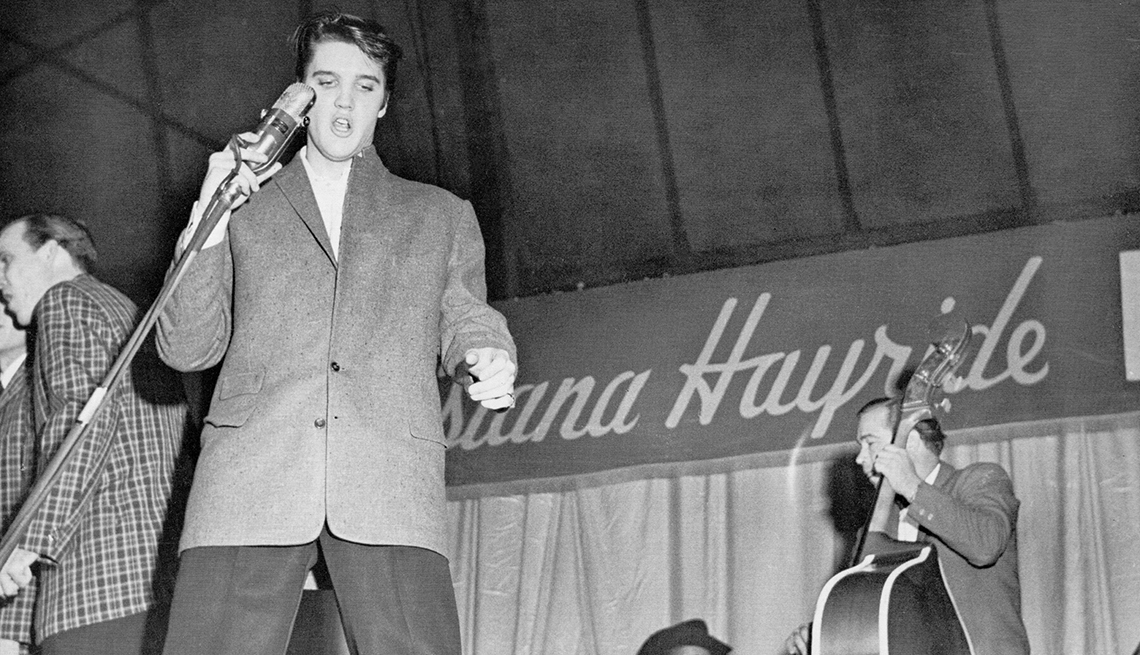

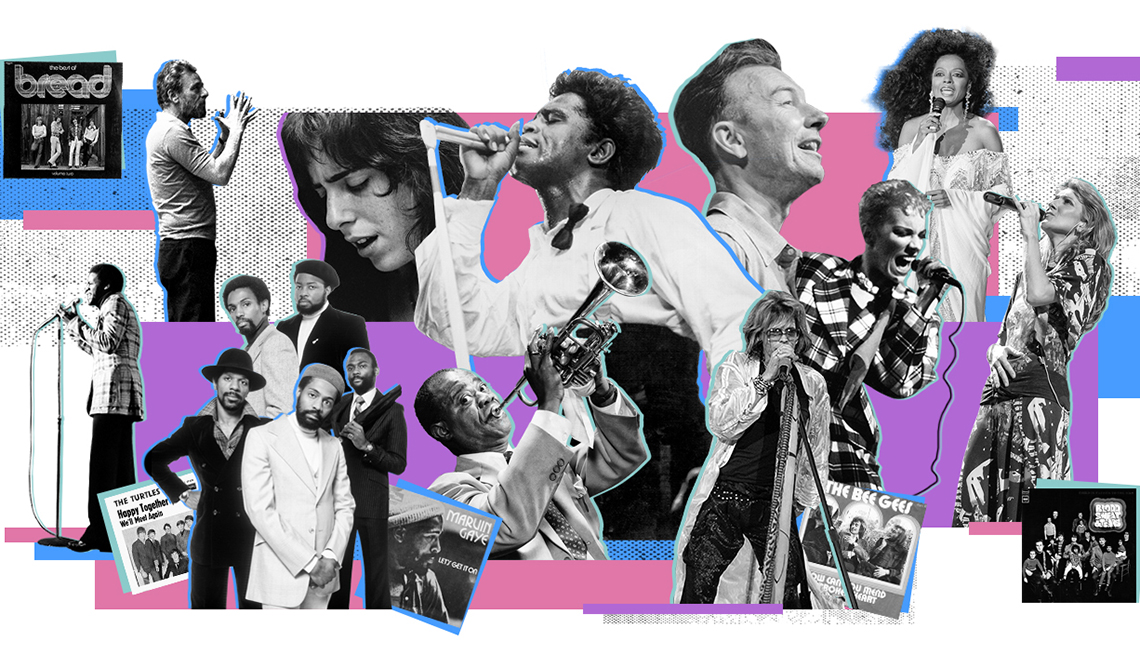
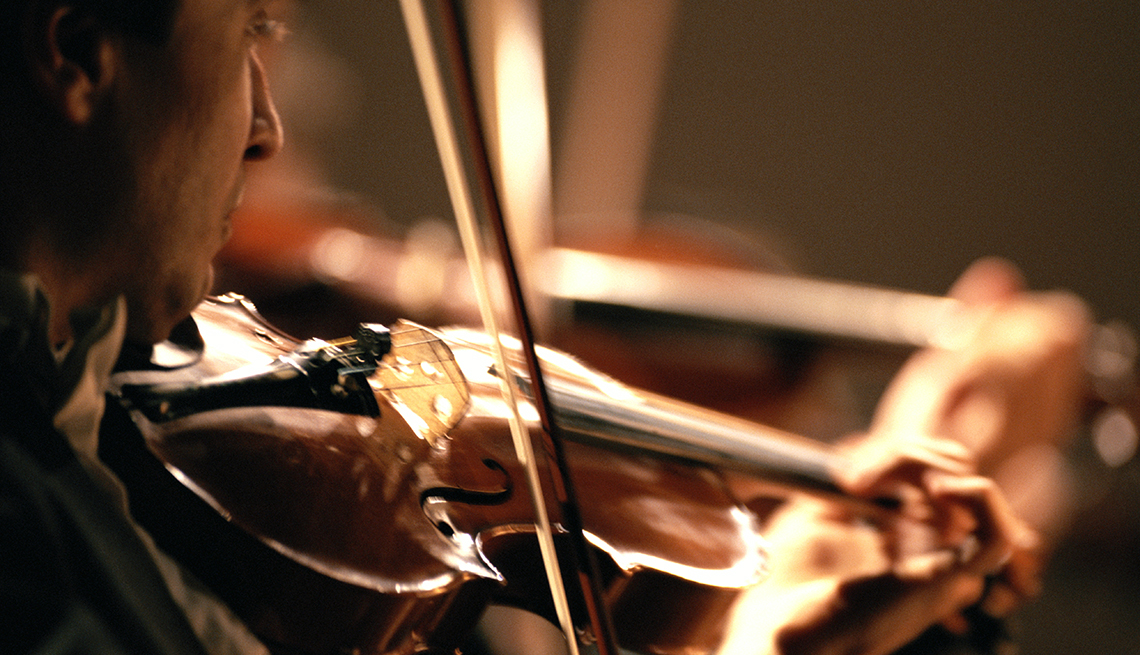
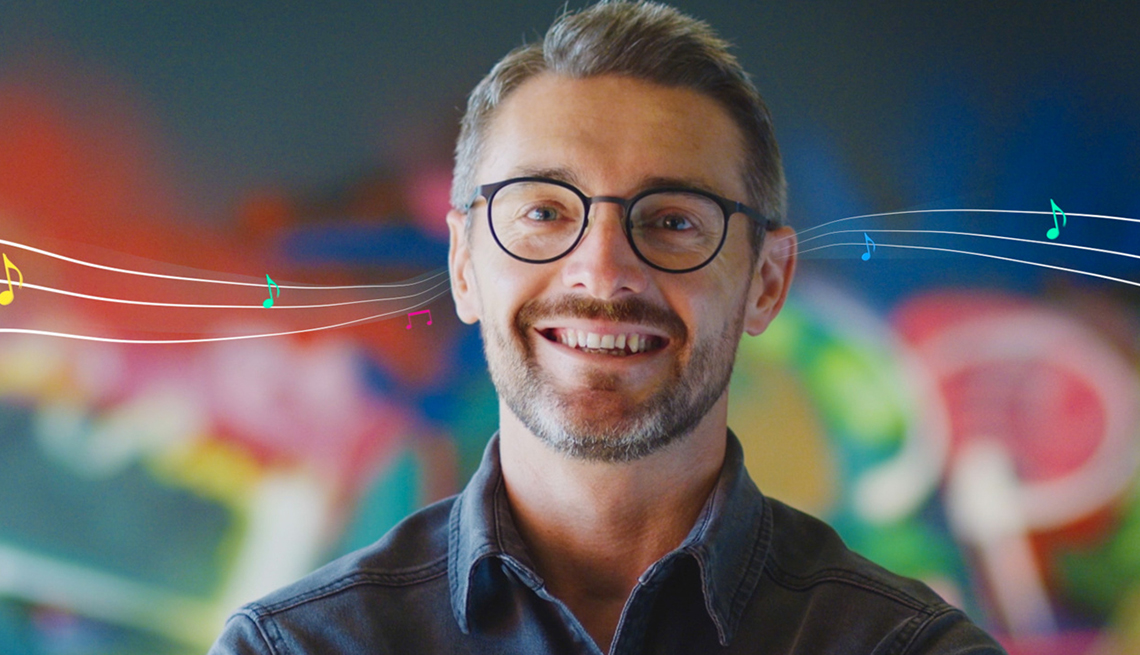
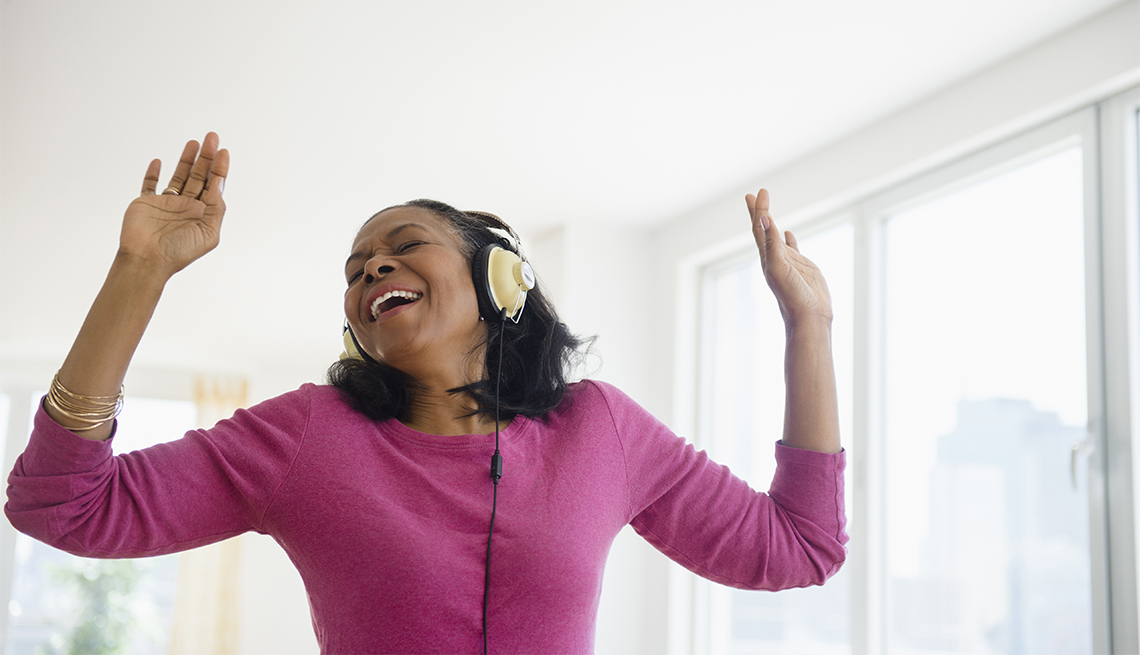






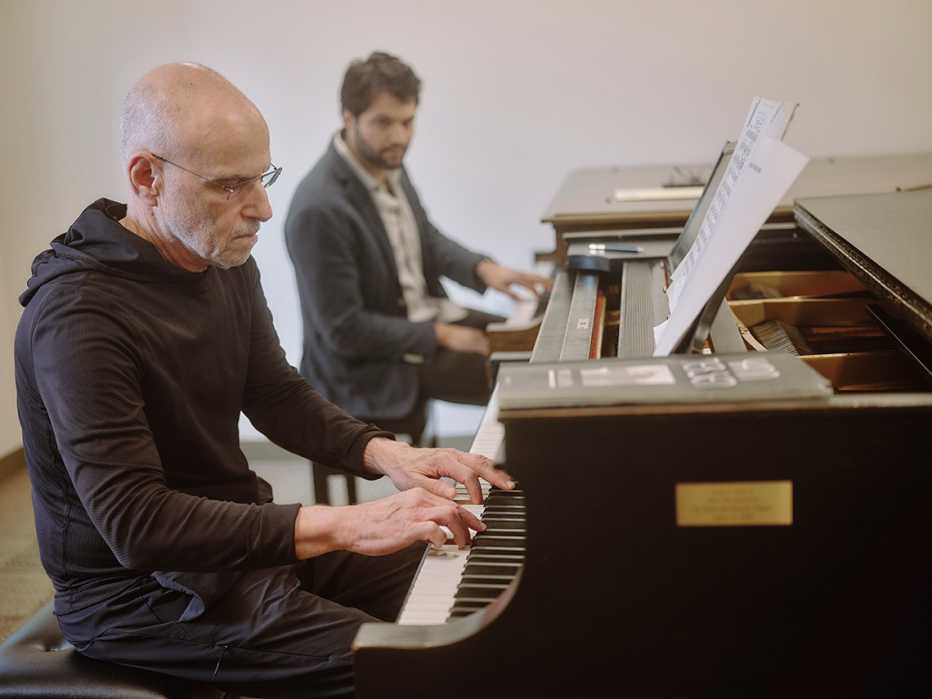


More on Brain Health
Regular Internet Use May Be Good for the Brain
A new study suggests link between dementia and internet use
Best Superfoods for Your Brain
These delicious foods stand out for boosting memory, cognition and more
5 Brain-Boosting Exercises
Physical activity can boost memory, improve thinking, even lower dementia risks — and it’s not too late to start